Beginning to Discuss Human Trafficking
Recently Karen Ansara, board member of the Essex County Community Foundation, held an information session with ECCF and The Women’s Fund of Essex County, about the outrage of human trafficking.
Read the post below created by Jo Kadlecek, Director of ECCF communications, or you can read it directly on ECCF’s blog.
It was a beautiful summer morning but the topic of discussion was anything but. Karen Ansara, ECCF board member, and Rachel Pohl, committee member of The Women’s Fund of Essex County, knew it would be tough, but the increasingly troubling trend of human trafficking in today’s world needed a focused conversation.
So they invited 15 other women they knew cared about the topic to Karen’s home in Essex—including Lynn Bryant, Katrina Maestri, Becky Hallowell and Susan Robie also of the Women’s Fund of Essex County—and set the information session in motion.
“This conversation has grown organically, starting a few months ago when several of us became more aware of the complex and expanding discussion about human trafficking,” Rachel said. “Especially in the context of our shared priority for the quality of life for women and girls, and our interests in building healthy communities, we knew we needed some sort of gathering to learn more.”
There was no agenda except to ask questions and to hear from a few representatives of anti-trafficking organizations. Fresh off of two trips to human rights conferences, Karen began by pointing to specific efforts of which she’d recently learned: the Polaris Project and its national hotline for help (which has fielded 85,000 calls nationally and helped 11,000 survivors), and the Bay Area Anti-Trafficking Coalition, which engages over 50 groups to work toward a “slave free Bay Area” and hosts an annual “Freedom Summit” to address labor and sexual trafficking. Next, Deb Veth of the Imago Dei Fund (based in Boston) discussed their work and partnerships for creating a more “free, just, and gender balanced world,” and Carmen Maianu of the Amirah House then highlighted Amirah’s comprehensive approach to fighting sexual trafficking in our region.
Sarah Symons of Made By Survivors and Stephanie Dodson of Demand Abolition in Boston both talked about the economic implications of the trafficking “industry,” citing poverty and the low status of women as root causes that must be addressed. Each bit of information yielded more questions, ideas and resources, forming a vision for solutions that might one day end this outrage. But that’s another conversation.
Jo Kadlecek, Director of ECCF Communications

